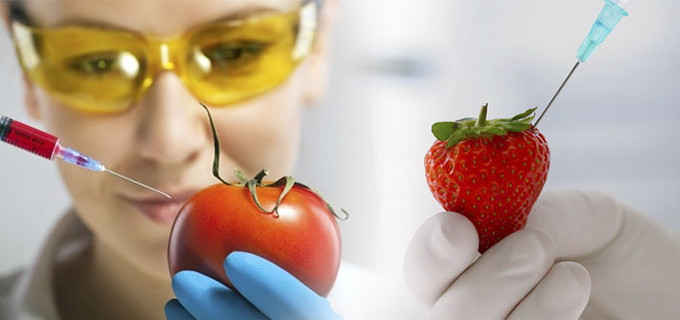Food Engineering – All about studying food engineering
Hello engineers! The food engineering is one of those areas that does not much like to be noticed, there is little information on the activities of a food engineer, however, the food industry is huge and so are the opportunities that these professionals have to develop very prosperous careers.
Little is known about the career of food engineering, many often confuse the race with knowing how to cook, being that this type of professionals can develop a number of activities in various areas, in fact, you can do it along the entire chain productive by which it has to cross matter to become food.
What is food engineering?
If you could summarize in a few words the activities and responsibilities would be as follows: It is the area responsible for taking care of the entire process of manufacturing, transport and conservation of food. But since I cannot, I invite you to continue reading …
The food engineering is well developed, since its heyday came together with industrialization and expansion of developing countries (currently they are super developed countries) as the US and Japan.
Much of the engineer’s efforts in food are dedicated to developing projects, with the main objective of optimizing production processes at an industrial level, so it will not be strange to find collaborative projects in conjunction with other engineering, for example mechanics.
What does the food engineer do?
There is a number of activities that are developed by the food engineer, we can highlight the quality control in the use of raw materials. Of course it has nothing to do with cooking food.
The above represents one of the most important stages of the value chain of any food product, since raw materials have to meet a set of requirements, mainly in health, so the process of selection and purification of the material it is usually very rigorous and involves having contact with the suppliers of the company.
It should be noted that the food engineer is responsible for complying with the regulations on health issues at all times, so many of them are dedicated to the validation of products that are on the market or that want to be launched, making sure that comply with all the regulations imposed by the different health agencies.
Besides being responsible for the creation of food and selection of raw materials, it is also responsible for the disposal of all those that for quality reasons are not suitable for human consumption, and therefore cannot be transformed into food, so that must implement and develop techniques that allow the identification of waste material useful.
Due to the above, a number of laboratory analysis and techniques with sophisticated machines come into play that the engineer must master, by the way the name of the area is waste treatment.
Labor field of the food engineer
Contrary to what many believe the labor field is very large, the market in which you can develop goes from the food industry (this is saying a lot), research and development centers and government entities.
A field little explored by this type of professionals is that of consulting, not only at the employee level, but you can develop and obtain certifications that allow you to act as an auditor, including forming your own advisory company in matters of regulation.
Continue Reading: Know the future of the Engineering in Food Industries
I leave you a list of some of the areas in which you can develop:
- Food industry
- Input process industry
- Service areas
- Public organisms
- Waste treatment
Food industry
Luckily for food engineers, economic crises do not usually affect (much: p) or put at risk the employment of such professionals, since the need is directly linked to the increase in population, to summarize it, as long as there are people who consume food, and companies that produce them there will be much prosperity for this type of professionals.
Definition of food engineering
It is the profession that is responsible for the industrialization of food in a safe manner and ensuring the highest levels of quality, always putting ethics at the forefront, with the aim of launching products that do not put the health of the people at any time in danger.
Study food engineering
The duration of the course may vary and, like most engineering courses, you must complete a set of basic subjects, we leave you a list of them.
- Statistics
- Chemistry
- Physical
- Comprehensive and differential calculation
- Thermodynamics
- Etc.
It is not until the third year that you start taking subjects that are specific to food engineering, in most universities the degree lasts between 4 and 5 years depending on the university you are in, for usually this is usually applied in public entities.
Before continuing I recommend that you look for each of the following subjects so that you can have a clearer idea about the career and what you will have to study in the future …
The race consists of typical subjects such as food chemistry and a set of subjects that correspond to that area. I leave you a list of the courses that you will probably have to take in case you decide to study the degree:
- Fundamental biochemistry
- Food chemistry
- Transport phenomena
- Analytic chemistry
- Food analysis
- Food engineering
- Food biochemistry
Decide what career to study is one of the most important decisions in your life, remember to make an analysis of your goals and objectives before choosing which career to study, without a doubt the food engineering in a great option.





Leave a Reply